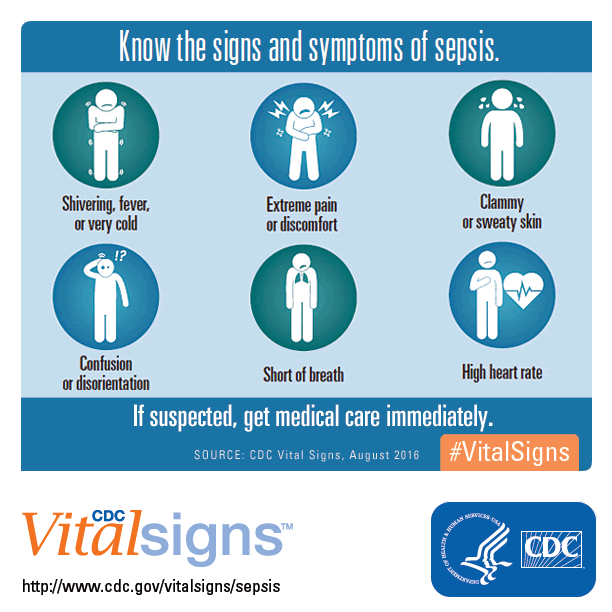Connect – Disconnect
I’ve been thinking a lot about the assignment for this blog entry, and trying to notice how much I “connect” electronically as opposed to in person. It’s an interesting thing to pay attention to, and it’s not a black and white issue. Human interactions are so so important to all of us, whether that’s family, friends, work, school, world news… Anything or anyone that we want to “keep up” with.
I started to wonder, “Do we disconnect with the people that are important to us, by using electronics instead of face to face?” I think that answer is yes and no. We’ve all been tempted, when hanging out with someone, to check our phones to pass the time. In that situation we are passing up an opportunity to really spend time with someone, and we all realize at some point that those opportunities are not as permanent as we think they are.
 But on the other hand, I notice that most of the texting and social media that I use is to connect with people that are the most important to me. For me, it’s my family. My immediate family is very big and we are all really close, but people move away or just spend a lot of time away from the home. Social media is actually becoming more and more important to me as my sisters move on with their lives and I spend less time at home.
But on the other hand, I notice that most of the texting and social media that I use is to connect with people that are the most important to me. For me, it’s my family. My immediate family is very big and we are all really close, but people move away or just spend a lot of time away from the home. Social media is actually becoming more and more important to me as my sisters move on with their lives and I spend less time at home.
So my conclusion: Sometimes we need to disconnect in order to connect better, but often technology allows us to stay connected with the people that are really important.



